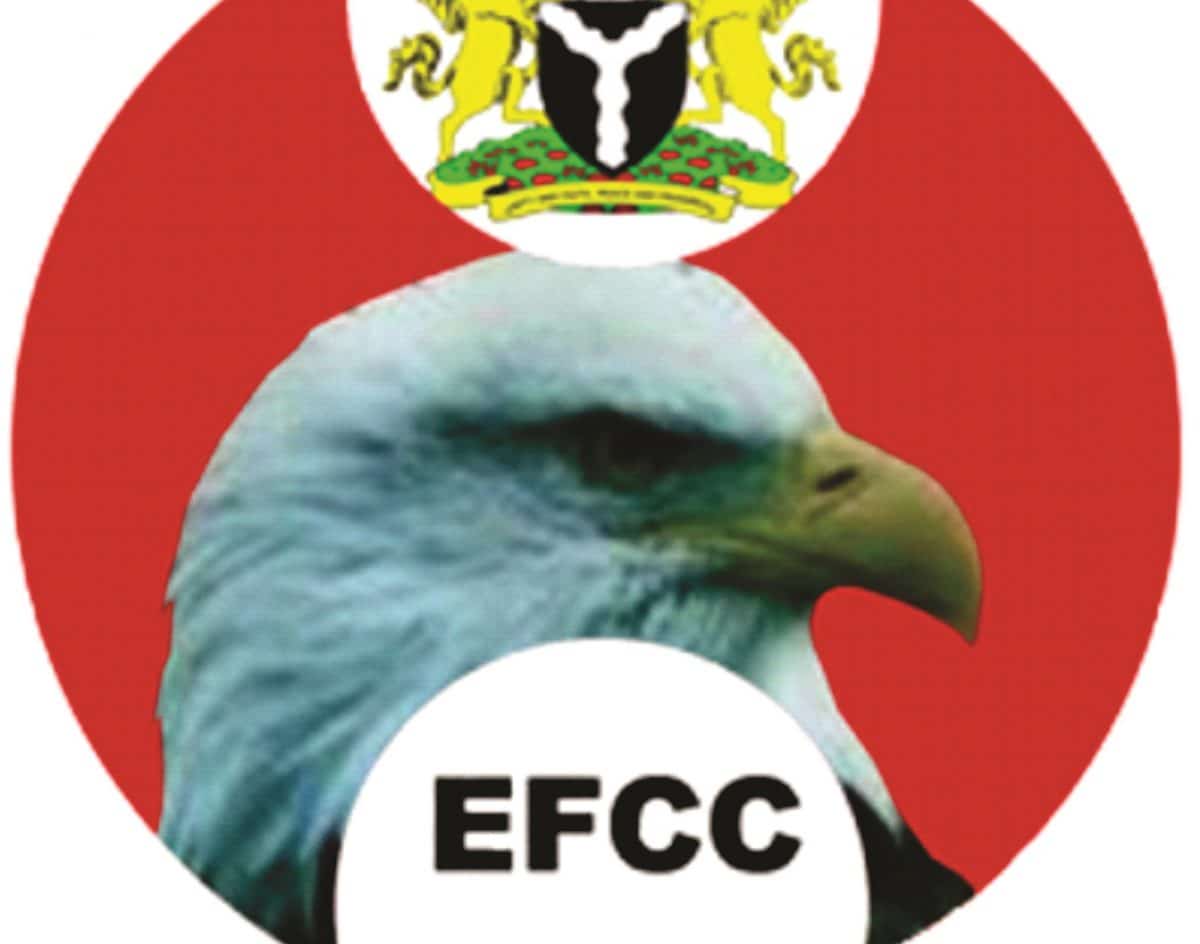You see, sometimes, it could be delicate to join the Federal Government in a dance of togetherness.
This Manufacturers Association of Nigeria (MAN) is already feeling betrayed over the increase in excise duty it had a discussion on with the Federal Government.
Indeed, the Nigerian government’s had in April, told MAN that it would halt the proposed increase in excise duty on alcoholic, non-alcoholic beverages, tobacco and others to allow the 2022-2024 sectoral roadmap run its full course.
However, barely a month after that decision, the FG has hugely increased excise tax rate on beer, wine, tobacco, alcoholic and non-alcoholic beverages.
Read Also: Subsidy Removal: See What Moghalu Feels About It
MAN is bewildered by this development and has bewailed the increases in excise tax for 2023 and 2024 roadmap as contained in the new Fiscal Policy Measures for 2023.
The increases which are in some cases as high as 50% on ad valorem and 75% on specific duty rates, are above the already approved high increases of up to 50% and 45% respectively.
According to the Federal Ministry of Finance, Budget and National Planning, the approval on the excise tax was given by President Muhammadu Buhari.
The increases, would come into effect by June 2023, and renewed in June 2024.
MAN Reacts To New Fiscal Policy
According to MAN, this is not what was approved in the 2022 to 2024 excise roadmap, as contained in the 2022 Fiscal Policy that its implementation commenced on June 1, 2022.
There has been a digression from the 2022 to 2024 excise roadmap that has unfortunately not even been implemented for up to one year, before government decides to ‘shift the goal post’.
The Director General of MAN, Segun Ajayi-Kadir, in a statement, said “the industry cannot afford any further increases at these extremely challenging times”.
The statement entitled: “The Reaction of Manufacturers Association of Nigeria to the Newly Released 2023 Fiscal Policy Measures and Tariff Amendments”.
Ajayi-Kadir lamented that the increases were done without any consultation with the affected manufacturers or carrying out assessment of the impact on the firms in particular and the economy in general.
He said: “We have earlier noted and forwarded our position on the excise duty tax to the government while it was being proposed in the 2023 Fiscal Policy Guidelines.
“Again we are emphasising that the proposed increase on beer, wines and spirits, tobacco, has the potential to trigger unprecedented distortions in the affected industries as well as the entire manufacturing sector.
“The policy is capable of producing negative effect on investments with a huge consequence on job retention in these industries.
“We, strongly recommend that status quo be maintained on the already approved excise duty increases on these items in the three-year roadmap as contained in the 2022 Fiscal Policy Measures.
“This was approved by Mr. President and implementation commenced on June 1, 2022″.
Sadly, Ajayi-Kadir noted that, “the unilateral action by the government, despite persuasions by stakeholders for the fiscal authority to consider the consequence on the industries, businesses and the economy as a whole, is quite unfortunate”.
Inconsistency In Government Policy
He stated that MAN had actively participated in the deliberations on the proposal and presented various positions from its members across all sectors, especially those directly impacted by the proposed measures.
You May Also Read: ‘I Was Begging For Votes’ – Peter Obi Confirms Phoning Oyedepo
Disappointed and betrayed by the Federal Government, the manufacturers recalled that, the Minister of Finance, had on March 29, 2023, informed representatives of MAN that additional excise tax increases have been halted.
He warned that, “the release of the 2023 Fiscal Policy Measures, just over one month to its expected implementation date and the end of the current administration, sends negative signals.
“It is worrisome that the current situation is indicative of inconsistency in government policy, given that industries that are affected by excise tax administration, already made three-year strategic plans.
“This in our opinion, may create credibility issues for the country with existing and potential investors, impacting Foreign Direct Investments (FDI) and the country’s Ease of Doing Business index among other implications”.






